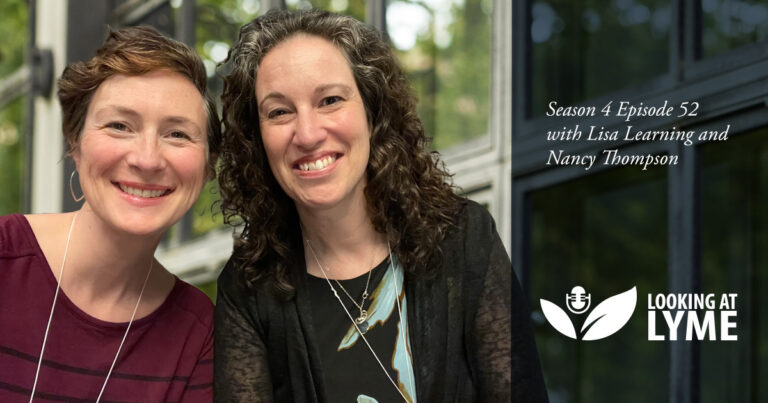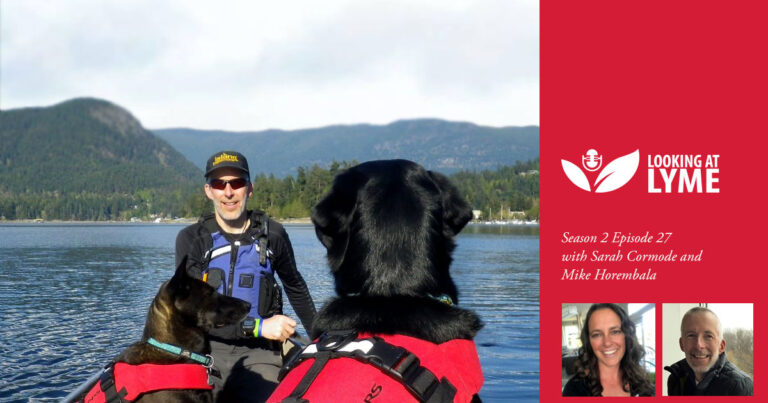78. Discussing undiagnosed tick-borne infections, grief, action, and science with Nicole Bell
After losing her husband to tick-borne illness, Nicole set out to use her engineering skills and experience to ensure that no family would have to go through something similar.














